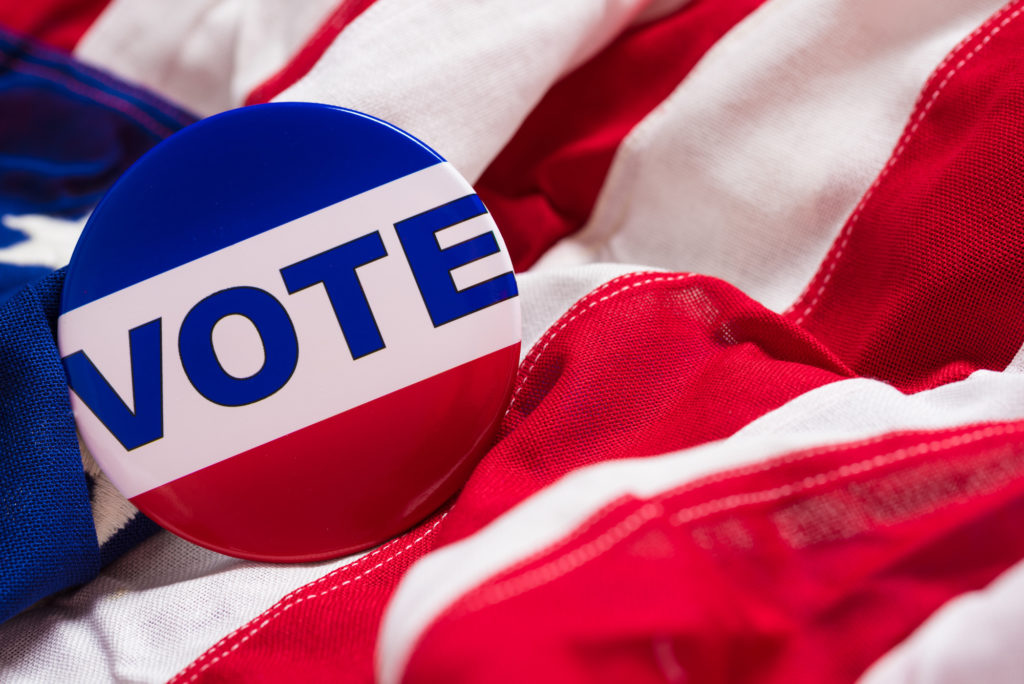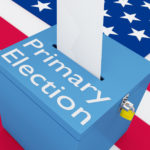
Do the recent elections seem heated? You should have seen the presidential election of 1980, when opponents of Ted Kennedy made “Kennedy for Lifeguard” buttons to reference Chappaquiddick and the death of Mary Jo Kopechne.
The tiny size of campaign buttons makes them seem cute and unassuming, but the sentiments printed on election buttons can be pleasant, profane, and everything in between.
We’re a bit more likely to see bumper stickers and TV ads now, but the history of campaign buttons is still worth exploring. Vintage presidential campaign buttons are history lessons that you can pin on your shirt.
Keep reading for a look at some notable campaign buttons in American history.
The Rise of Campaign Buttons
Abraham Lincoln used campaign buttons when he was running for election in 1860, but the modern campaign button didn’t really get going until they could be mass-produced. The celluloid button made that possible in time for the election of 1896.
What is a celluloid button? It’s a metal disk with a message on paper that’s shielded by clear plastic. The pinback model is most common because of the, well, pin on the back that you use to affix it to clothing.
A presidential election wasn’t the only thing that had the public’s attention in 1896. That was the same year as a lunar eclipse, and so both Republican William McKinley and Democrat William Jennings Bryan referenced it on their presidential campaign buttons.
Despite pins that promised a “Total Eclipse Nov. 6,” Bryan lost both the popular vote and the electoral college, making McKinley the 25th president of the United States.
They Liked Ike
Political campaigns work best when the message is simple. That’s doubly true for campaign buttons that only have so much space for photos and text.
When you take that into account, “I Like Ike” seems like a winner from the moment Dwight Eisenhower’s campaign cooked it up. It helped that Eisenhower was a war hero who promised to combat corruption in Washington.
“I Like Ike” wasn’t the only pro-Eisenhower button you could obtain for the 1952 election. His running mate was a Senator from California by the name of Richard Nixon. That led to pins that simply read, “Ike and Dick.”
It’s “I Like Ike” that has proven to be most enduring, though. Presidential historians can visit the Eisenhower Presidential Library, Museum and Boyhood Home in Kansas and pick up some “I Like Ike” merchandise at a gift shop specifically dedicated to that slogan.
A Campaign for Dick
After two terms as vice president, Nixon ran for president in 1960, but he lost to John F. Kennedy. A few years later, he was ready to give it another shot, and this time, he won a close three-way race over Hubert Humphrey and George Wallace.
By the Nixon ran for re-election in 1972, the sexual revolution that began in the 1960s meant the campaign buttons could get raunchier than ever. Americans love both nicknames and sex jokes, which meant you had a ton of Nixon presidential buttons with slogans like “McGovern Can’t Lick Our Dick” and “Keep Dick on the Job.”
There were also lines like “Click with Dick,” which sounds downright family friendly in comparison.
Nixon won re-election in a landslide, but by the summer of 1974, Watergate had reached a boiling point and his nickname had turned on him. “Dick Nixon Before He Dicks You” was a memorable slogan seen on anti-Nixon pins in 1974.
“Nixon has a staff infection” was another clever turn of phrase, while “Bail to the Chief” pins were a play on “Hail to the Chief.”
On Aug. 9, 1974, Nixon took the last pin’s advice and bailed. He decided to resign rather than face impeachment and likely removal from office.
That meant anti-Nixon pins became a reminder of a particularly volatile moment in presidential politics.
The Power of Rhyming
It’s not exactly poetry, but plenty of campaign pins get by on the power of a simple rhyme.
Take the Vietnam War, for example, or rather, Nixon’s failure to get the troops out as quickly as he said he would. Anti-war forces could wear “He’s Not a Quaker, He’s a Faker” campaign buttons to express their displeasure with the ongoing quagmire. Nixon grew up in the Quaker faith, which is famously opposed to war and aggression.
Defining yourself is Branding 101, but that doesn’t mean the definition you pick for yourself will always stick. There are plenty of cases where the other side takes a candidate’s slogan and twists it into something meaner and more memorable. In 1964, Republican Barry Goldwater used “In Your Heart You Know He’s Right.”
President Lyndon B. Johnson’s team wasn’t afraid to warp that into a nastier turn of phrase: “In Your Guts You Know He’s Nuts.” Appealing to the gut turned out to be a better strategy than appealing to the heart, as Johnson defeated Goldwater in a historic landslide.
Goldwater could only muster up 52 votes in the electoral college.
Campaign Buttons for Every Demographic
In 2016, did you see a “Boston Terriers for Hillary” campaign button? Well, they existed, in spite of the fact that dogs don’t have the power to vote.
It turns out election buttons are an easy way to make virtually every demographic feel seen, even if that demographic happens to be canine. Appealing to veterans is a big part of each election, so in 2016 you could pick up either a “Veterans for Hillary” or “Veterans for Trump” button.
If election season is near and none of the available buttons appeal to you, you can always find out more about how to design and order your own campaign buttons. Tuxedo Cats for Bernie, anyone?
Controversies Past and Present
Political slogans and campaign buttons don’t exist in a vacuum. If it seems like they’re getting nastier, that might be because America’s political discourse isn’t exactly civilized right now.
In the year 2018, it’s hard to be famous without being at least a little controversial. Now that you know about some past controversies, check out some present ones with our list of the most famous people in the world.

